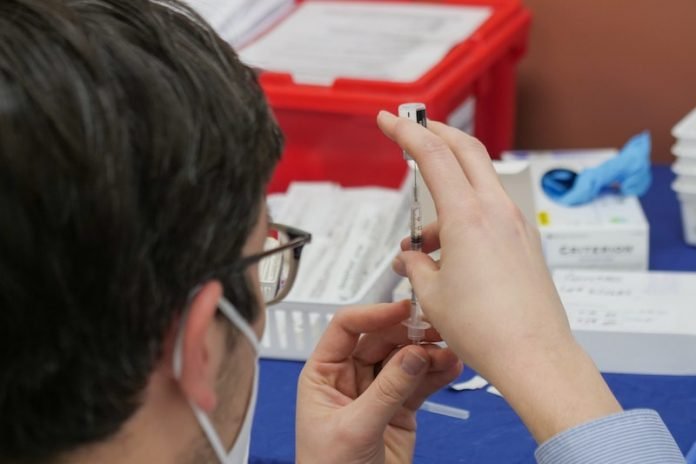
In a new study, researchers found that even as vaccines are becoming more readily available in the U.S., protecting against the asymptomatic spread of the virus that causes COVID-19 is key to ending the pandemic.
The research was conducted by a team at Georgetown University.
In the paper, the team made the case that symptomless transmission silently drives viral spread and is key to ending the pandemic.
The team says determining the true transmission capability of asymptomatic and pre-symptomatic cases is inherently complex, but knowledge gaps should not detract from acknowledging their role in the spread of SARS-CoV-2.
People can’t rely on vaccination alone to control the pandemic. Vaccines are great for protecting people against disease, but scientists don’t yet know how well they work to protect against transmission.
They say that from a biological perspective, it would be unlikely that a vaccine that protects well against disease would not protect against infection.
But just like the vaccines don’t offer a hundred percent protection against getting sick, they also aren’t a hundred percent likely to protect against transmission.
In addition, while vaccines reportedly will become widely available in the U.S. by summer, that is not the case in the rest of the world where the pandemic continues unabated.
Asymptomatic and pre-symptomatic transmission poses a unique challenge for public health and infection prevention mitigation efforts.
Ultimately this is something researchers will need to continuously keep their eyes on as the world moves into the next phase of the COVID-19 pandemic and a reduction of disease due to vaccinations.
The study is published in Science. One author of the study is Angela L. Rasmussen, Ph.D.
Copyright © 2021 Knowridge Science Report. All rights reserved.



